In a firm response to Chinese President Xi Jinping’s recent remarks on the inevitability of reunification with Taiwan, President Tsai Ing-wen emphasized on Monday that the future of Taiwan’s relations with China must be determined by the democratic will of its people. The escalating military pressure from China to assert its sovereignty claims over Taiwan has heightened tensions in the region ahead of the island’s presidential and parliamentary elections scheduled for January 13.
Xi Jinping’s New Year’s Eve address marked a departure from his previous year’s statement, adopting a stronger tone by stating that reunification with Taiwan is unavoidable. In contrast, Tsai Ing-wen, speaking at a New Year’s press conference in Taipei, emphasized the importance of democracy in shaping the course of relations between Taiwan and China.
“The most important principle on what course to follow on relations with China is democracy. This is taking the joint will of Taiwan’s people to make a decision. After all, we are a democratic country,” President Tsai declared in response to Xi’s remarks.
Tsai urged China to respect the outcome of Taiwan’s upcoming election, emphasizing that both sides bear the responsibility of maintaining peace and stability in the Taiwan Strait. China has portrayed the election as a choice between war and peace and rejected multiple offers of talks from Tsai, accusing her of pursuing separatist agendas.
Undeterred by such accusations, Tsai has prioritized the modernization and strengthening of Taiwan’s defenses, including the development of an indigenous submarine program. Drawing an analogy, she stated, “Everyone’s home has locks on them, which is not to provoke the neighbors next door but to make yourself safer. This is the same for the doors to the country. Taiwan’s people want peace, but we want peace with respect.”
Expressing concerns about potential interference in the election, Tsai warned of China’s attempts to use fake news, military pressure, or trade tactics to influence the democratic process. Following China’s recent threats of economic measures in response to perceived trade barriers and tariff issues, Tsai urged Taiwanese companies to diversify globally rather than relying solely on the unpredictable Chinese market.
As the election approaches, China has taken issue with Vice President Lai Ching-te, the presidential candidate for Taiwan’s ruling Democratic Party (DPP), accusing him of being a dangerous separatist. Both the DPP and the Kuomintang, Taiwan’s largest opposition party, maintain that the future of the island should be decided by its people.
With President Tsai unable to seek reelection after two terms, Taiwan anticipates a transition of power in May when the newly elected president is set to be sworn in. The situation remains tense as the island navigates complex diplomatic challenges amid China’s growing assertiveness in the region.
Reuters

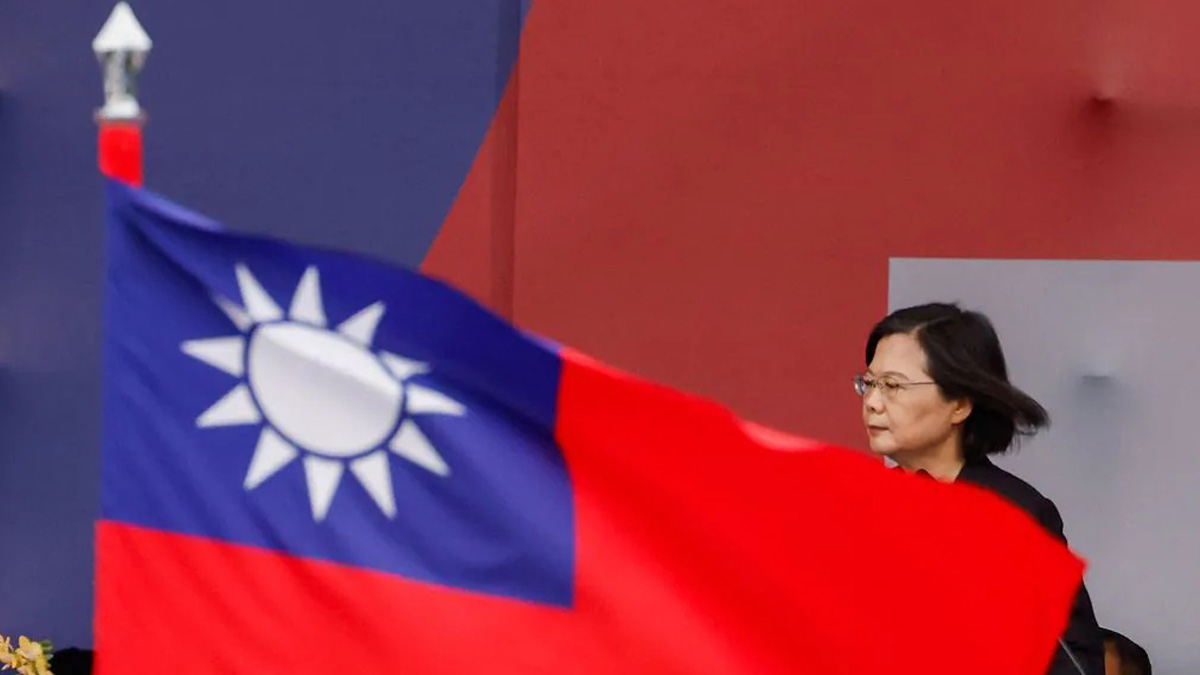
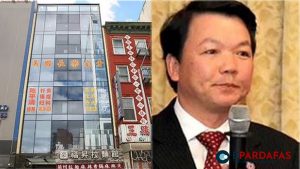

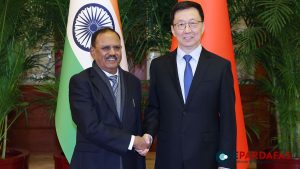


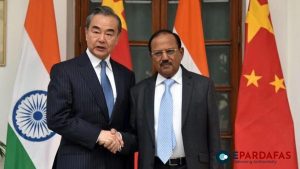





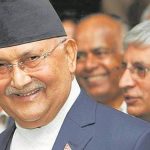
Comments